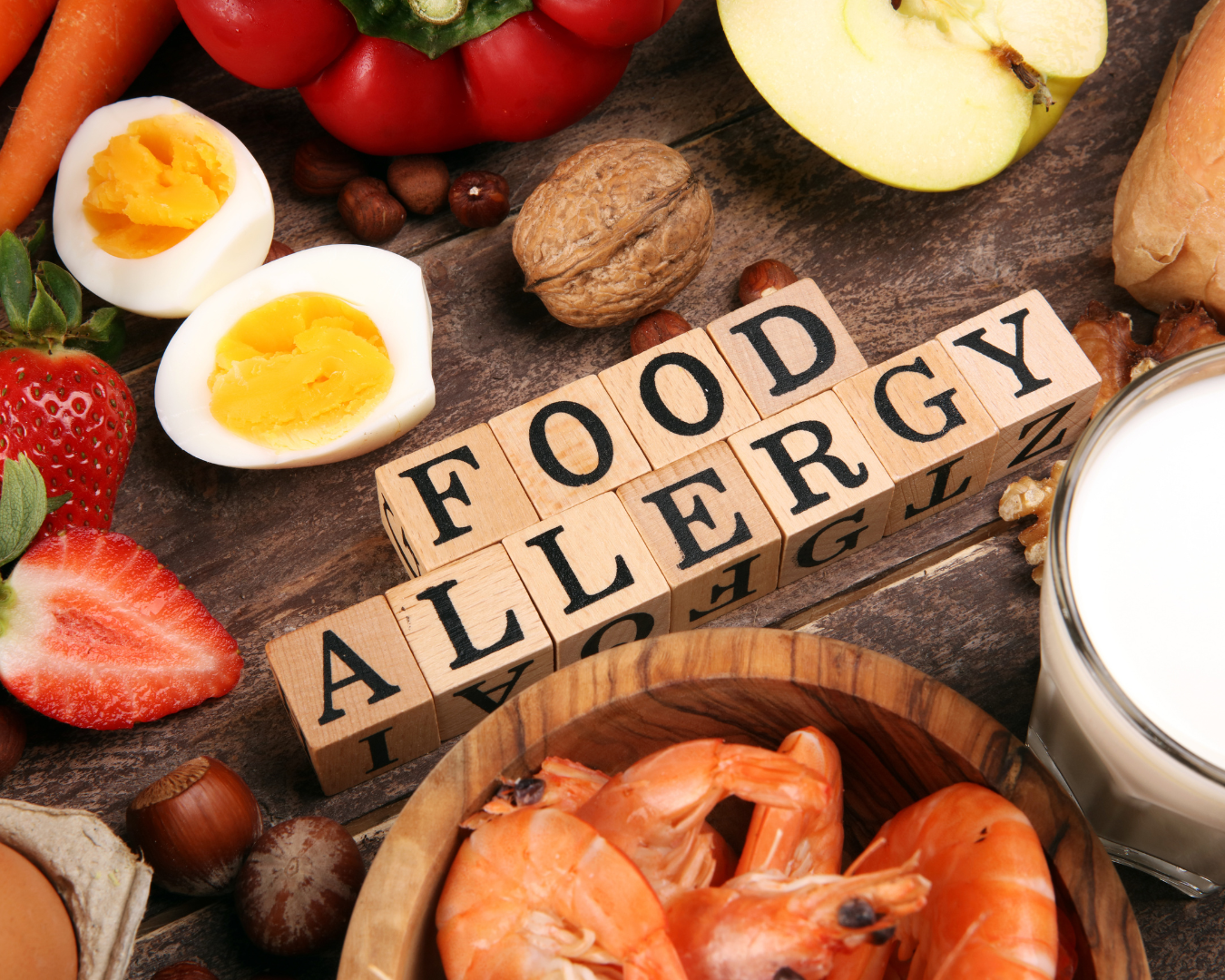Exploring Food Allergies and Dietary Restrictions as a Family: A Comprehensive Guide
Navigating food allergies and dietary restrictions can be challenging, especially when it involves the entire family. Whether you’re dealing with lactose intolerance, gluten sensitivity, nut allergies, or other dietary needs, it’s essential to create a safe and inclusive environment for everyone. Here’s a comprehensive guide to help you explore and manage food allergies and dietary restrictions as a family.
Understanding Food Allergies and Dietary Restrictions
1. Recognize the Signs:
- Common symptoms of food allergies include hives, swelling, difficulty breathing, and gastrointestinal issues. Dietary intolerances might cause bloating, gas, or digestive discomfort.
- If you suspect a food allergy or intolerance, consult with a healthcare provider for proper testing and diagnosis.
2. Educate Your Family:
- Ensure that everyone in the family understands the specific allergy or dietary restriction. Knowledge is key to preventing accidental exposure.
- Teach children to recognize and avoid allergens, and explain the importance of not sharing food at school or social events.
Creating a Safe Home Environment
1. Label and Organize:
- Clearly label all food items in your pantry and refrigerator. Use separate shelves or storage areas for allergen-free and regular foods to prevent cross-contamination.
- Consider color-coding containers and utensils used for preparing and serving allergen-free meals.
2. Develop a Meal Plan:
- Plan meals that accommodate all dietary needs. Focus on whole, unprocessed foods that are naturally allergen-free.
- Prepare and freeze allergen-friendly meals in advance to have safe options readily available during busy days.
3. Read Labels Carefully:
- Always read ingredient labels when grocery shopping. Look for hidden allergens and familiarize yourself with different names they might appear under.
- When dining out or ordering takeout, inform the restaurant of your allergies and ask about their food preparation practices.
Cooking and Baking Tips
1. Substitute Ingredients:
- Learn about safe substitutions for common allergens. For example, use applesauce or flaxseed meal as an egg substitute in baking, or choose almond milk instead of cow’s milk.
- Experiment with different gluten-free flours, such as almond, coconut, or rice flour, to find the best match for your recipes.
2. Prevent Cross-Contamination:
- Use separate cutting boards, knives, and cookware for allergen-free cooking.
- Thoroughly clean all surfaces and utensils after preparing foods that contain allergens.
Social and Emotional Support
1. Communicate Openly:
- Have regular family discussions about the challenges and successes of managing food allergies. Encourage everyone to share their feelings and concerns.
- Educate extended family members and friends about your dietary restrictions to ensure safe and enjoyable gatherings.
2. Foster Inclusion:
- Involve your children in meal planning and cooking. This empowers them and helps them understand their dietary needs.
- Find allergen-free alternatives to favorite treats and snacks so no one feels left out during special occasions or school events.
3. Seek Support Groups:
- Join local or online support groups for families dealing with similar dietary restrictions. Sharing experiences and tips can provide valuable emotional support and practical advice.
Managing Food Allergies Outside the Home
1. School and Childcare:
- Inform teachers, school staff, and childcare providers about your child’s allergies. Provide them with an action plan and necessary medications, such as an epinephrine auto-injector.
- Pack allergen-free snacks and lunches for your child to ensure they have safe food options.
2. Traveling:
- Research restaurants and grocery stores at your destination ahead of time to find safe dining options.
- Pack non-perishable allergen-free snacks and foods to have on hand during travel.
3. Emergency Preparedness:
- Always carry emergency medications, such as antihistamines and epinephrine auto-injectors, when leaving the house.
- Ensure that family members and close friends know how to administer emergency treatments if needed.
Managing food allergies and dietary restrictions as a family requires careful planning, open communication, and a proactive approach. By creating a safe home environment, educating everyone involved, and fostering a supportive community, you can ensure that dietary needs are met without compromising on nutrition or enjoyment. With these strategies, your family can navigate the complexities of food allergies and dietary restrictions with confidence and ease.

